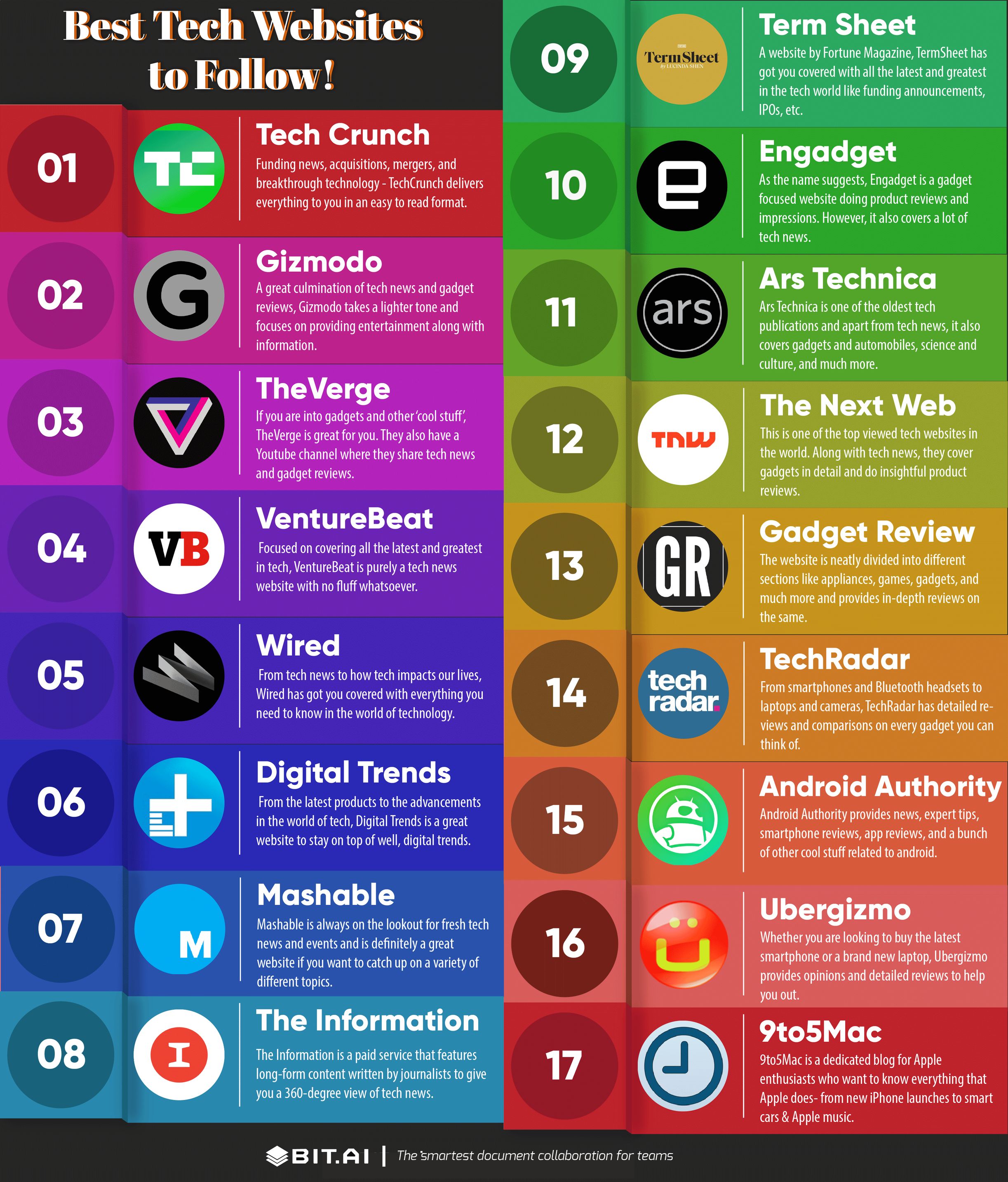Exactly How Blockchain Modern Technology Is Revolutionizing Data Safety And Security
Blockchain innovation is essentially changing the landscape of data safety and security by presenting a decentralized structure that assures improved transparency and resilience. Unlike conventional systems, which depend on centralized data databases, blockchain disperses data across a network, minimizing susceptabilities and solitary factors of failure. The use of innovative cryptographic strategies ensures that data continues to be tamper-proof, promoting count on among stakeholders and individuals. As sectors quickly adapt to this technology, inquiries emerge regarding its broader effect and possible difficulties. What implications does this change hold for future information protection approaches and regulatory frameworks? The responses may surprise you (Best tech blog).
The Essentials of Blockchain
Blockchain innovation, a cutting edge concept in digital information administration, essentially changes how info is saved and safeguarded. At its core, a blockchain is a distributed ledger that records deals throughout a network of computers, making sure openness and immutability.
Trick to recognizing blockchain is the hashing procedure, which encrypts transaction data right into an one-of-a-kind alphanumeric code. This cryptographic function ensures that any kind of change in the transaction data results in a totally various hash, therefore safeguarding versus meddling. The agreement mechanism, one more essential part, confirms and verifies new purchases with a network of nodes, thus getting rid of the demand for a centralized authority.
In addition, blockchain's append-only framework makes certain that information, as soon as added, can not be removed or altered. This particular assurances a proven and permanent record of deals, promoting trust fund amongst individuals. Consequently, blockchain supplies a robust structure for data stability, using industries a trustworthy method for monitoring and handling digital details in a safe, transparent manner.
Decentralization and Safety
Decentralization, a core principle of blockchain technology, dramatically improves data protection by distributing control throughout a network as opposed to relying on a particular, centralized entity. This circulation mitigates the danger of single points of failing, which prevail in traditional central systems. By dispersing information across many nodes, blockchain guarantees that also if one node is compromised, the whole network remains secure. This redundancy not just strengthens the stability of the information however likewise enhances its resilience to cyberattacks and system failings.

Moreover, decentralization equips individuals with higher control over their information. Each individual in the network has access to the entire blockchain, allowing them to validate and investigate deals separately. This transparency fosters trust amongst individuals, as they do not have to count on a main authority to guarantee data honesty. Generally, decentralization contributes in enhancing information protection in blockchain networks.

Cryptographic Methods
At the heart of blockchain technology, cryptographic methods play a pivotal function in guarding data, making certain both confidentiality and stability. These strategies are foundational to the blockchain's capability to firmly videotape transactions in a decentralized way. Cryptography in blockchain utilizes a mix of crooked and symmetric formulas to encrypt information, making it obtainable only to authorized celebrations - Best tech blog. Public and personal crucial sets are main to this process, enabling secure authentication and identity verification without exposing sensitive info.
Hash features are one more vital part, changing input data into a fixed-size string of characters, effectively developing an one-of-a-kind electronic finger print for every block. This ensures that any type of attempt to alter the data will result in an entirely various hash, therefore maintaining the immutability of the blockchain. Furthermore, electronic trademarks confirm the credibility and integrity of purchases, supplying a layer of non-repudiation.
The decentralized nature of blockchain, integrated with robust cryptographic strategies, gets rid of the need for middlemans, decreasing potential their explanation vulnerabilities. As blockchain technology advances, improvements in cryptography such as zero-knowledge proofs and homomorphic security continue to improve safety and security measures, better strengthening data security in this cutting edge digital ledger system.
Usage Cases Throughout Industries

In the medical care industry, blockchain guarantees the safe storage space and sharing of individual documents, promoting interoperability while safeguarding sensitive data from unauthorized gain access to. This innovation equips individuals with control over their clinical background and facilitates smooth control amongst doctor.
Supply chain monitoring advantages dramatically from blockchain's immutable ledger, which makes sure traceability and credibility of items from beginning to customer. By improving openness, blockchain assists reduce problems such as counterfeiting and dishonest sourcing.
Furthermore, blockchain's decentralized nature is reshaping the energy field by making it possible for peer-to-peer power trading, where customers can deal excess renewable resource directly. This cultivates an extra sustainable and effective energy ecosystem.
In the world of intellectual residential or commercial i thought about this property, blockchain offers a tamper-proof platform for makers to register and protect their jobs, making certain rightful attribution and fair settlement. These diverse usage situations underscore blockchain's duty as an essential force in redefining information safety across sectors.
Future of Data Security
As we look to the future of data defense, blockchain technology is positioned to play a pivotal function in guarding digital details. With its decentralized and immutable qualities, blockchain supplies a robust framework for safeguarding sensitive data against unauthorized accessibility and cyber risks. This modern technology ensures that when information is videotaped, it is nearly impossible to modify without detection, hence providing a considerable benefit over typical data storage techniques.
The combination of blockchain with other innovative modern technologies, such as man-made knowledge and the Net Web Site of Points (IoT), is expected to enhance data security techniques better. By leveraging clever agreements, companies can automate and enforce safety methods, lowering human mistake and boosting performance. In addition, blockchain's capacity to provide deducible and clear purchases will certainly bolster trust and accountability in data management techniques.
As governing landscapes advance, blockchain's compliance-friendly nature will certainly come to be significantly pertinent. It can assist organizations meet stringent data defense laws, such as the General Data Protection Guideline (GDPR) and the California Customer Personal Privacy Act (CCPA), by supplying proven records of data handling tasks. Inevitably, blockchain's special qualities setting it as a transformative tool in the recurring mission to secure the electronic world against ever-evolving cyber hazards.
Final Thought
Blockchain innovation represents a standard shift in data security by leveraging decentralization and cryptographic methods to improve transparency, trust fund, and data integrity. Its capacity to eliminate solitary points of failing and employ consensus devices considerably reduces the risk of fraud and cyberattacks. This cutting-edge framework not only encourages individuals with greater control over their information but additionally aligns with governing compliance. As cyber hazards evolve, blockchain arises as a crucial tool for durable data security throughout different sectors.
Blockchain innovation is basically altering the landscape of data safety by presenting a decentralized framework that guarantees boosted transparency and durability. Unlike typical systems, which count on centralized data databases, blockchain distributes information throughout a network, minimizing susceptabilities and single points of failing.Decentralization, a core principle of blockchain innovation, significantly boosts data protection by dispersing control throughout a network rather than relying on a singular, central entity.At the heart of blockchain innovation, cryptographic techniques play a pivotal role in securing data, making certain both privacy and integrity.Blockchain technology stands for a standard change in information security by leveraging decentralization and cryptographic strategies to improve openness, trust, and information stability.